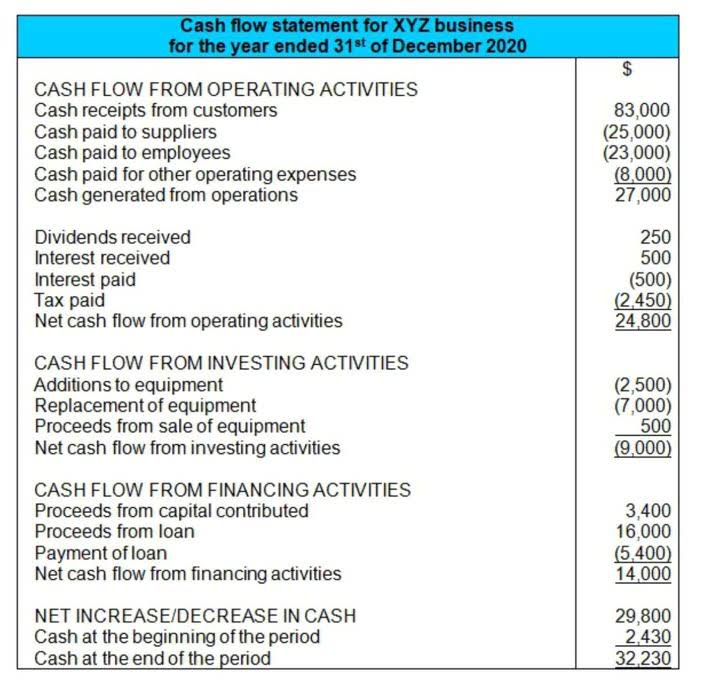Content

Individuals who obtain the Enrolled Agent status must adhere to ethical standards and complete 72 hours of continuing education (CE) courses every three years. A minimum of 16 hours must be earned per year, two of which must be on ethics. This online certificate program leading to the professional CTP® designation includes five courses, totaling 157 hours of instruction. Starting with the basics of income tax preparation, this is a great tax course for beginners and can be completed in just 18 months or less. The CTP® curriculum includes most topics on the EA exam and CTP® graduates are well prepared to pass the EA Exam after completing a Surgent EA Exam Review.
This means they can advise and represent individuals, corporations, trusts or any other entity required to file taxes. Requirements for Enrolled AgentsAn enrolled agent (EA) does not need a college degree; rather they must demonstrate special competence in tax matters by passing all three parts of the IRS Special Enrollment Examination. An individual with 5 years of relevant employment with the IRS may apply for enrollment to become tax agent (EA) without taking the exam.How to Become an Enrolled Agent? You must file Form 23, Application for Enrollment to Practice before the Internal Revenue Service, within one year of the date you passed all parts of the examination.
Get started today! Choose your pathway to becoming an EA:
Form 23 is available online at The IRS may take approximately 60 days to process your request. During that time, a background check is performed to ensure that you have not engaged in any conduct that would justify the suspension or disbarment of an attorney, CPA, or enrolled agent from practice before the IRS. The IRS Restructuring and Reform Act of 1998 provides federally-authorized practitioners (those bound by the Department of Treasury’s Circular 230 regulations) with a limited client privilege. This privilege allows confidentiality between the taxpayer and the enrolled agent under certain conditions. The privilege applies to situations in which the taxpayer is being represented in cases involving audits and collection matters. It is not applicable to the preparation and filing of a tax return.
- Form 23 is available online at The IRS may take approximately 60 days to process your request.
- This means they are unrestricted as to which taxpayers they can represent, what types of tax matters they can handle, and which IRS offices they can represent clients before.
- Then, the individual is required to apply to the IRS along with documentation of their work experience.
- Your home office and child care expenses, your retirement plan, even FICA taxes take on whole new meaning when you’re working for yourself.
- These professionals can speak on clients’ behalf, argue disputes, and make cases to the federal taxation authorities.
- Licensed enrolled agents, CPAs, and attorneys all have PTINs, and are legally required to include them on any returns they are paid to fill out.
- This compensation does not influence our school rankings, resource guides, or other editorially-independent information published on this site.
They are the only federally-licensed tax practitioners who specialize in taxation and also have unlimited rights to represent taxpayers before the IRS. Enrolled agents are required to complete many hours of continuing education each year to ensure they are up-to-date on the constantly changing tax code and must abide by a code of ethics. If you’ve ever filed your tax returns on your own, you know that it can be a complicated process, especially if you’re itemizing deductions. That’s why many people turn to tax preparers or financial advisors to help them navigate the morass of forms and exemptions.
How Do I Become an Enrolled Agent?
There are no guarantees that working with an adviser will yield positive returns. The existence of a fiduciary duty does not prevent the rise of potential conflicts of interest. We do not manage client funds or hold custody of assets, we help users connect with relevant financial advisors. The National Association of Enrolled Agents (NAEA) has a searchable, sortable directory on its “Find a Tax Expert” website. If you’re looking for an exhaustive list, that’s a good place to start.
The IRS recognizes EAs as a trusted channel for communication and representation. They have the right to represent taxpayers before all administrative levels of the IRS, including audits and appeals. Becoming an EA is both a professional and personal milestone that recognizes that you have demonstrated tax competence and have earned the right to represent all clients regarding federal tax matters. To become an Enrolled Agent, a tax practitioner must pass the SEE administered by the IRS. If accomplished, they will earn the highest credential for tax professionals recognized by the IRS.
Are EAs required to take continuing professional education?
As income, estate, gift and other sources of tax collections became more complex, the role of the Enrolled Agent increased to include the preparation of the many tax forms that were required. To become an Enrolled agent, a person must obtain a preparer tax identification number, pass the Special Enrollment Exam, enroll as an agent, and be deemed suitable (e.g., background check) to perform as an Enrolled Agent. Former IRS employees with at least 5 years of experience as field tax professionals.

Choosing a licensed tax preparer-who, by virtue of competency testing and mandatory continuing education, has technical expertise in the field of taxation and who is empowered by the U.S. Treasury to represent taxpayers in all transactions before the Internal Revenue Service-is your best bet. The three-part exam covers Bookkeeping and Accounting Services for Truckers individual tax returns, business tax returns, and representation, practice, and procedures. Each section of the exam is made up of 100 multiple-choice questions, and candidates have four hours to complete each section. To receive a passing score, the candidate must score a minimum of 70% on each section of the exam.
Why Get an Enrolled Agent License?
This privilege does not apply to state tax matters, although a number of states have an accountant-client privilege. E.A.’s are the only federally licensed tax practitioners and the ONLY tax professionals who are defined in the U.S. Tax Code, who have unlimited rights to represent you the taxpayer before the IRS.
- An Enrolled Agent (or EA) is a tax professional recognized by the United States federal government to represent taxpayers in dealings with the Internal Revenue Service.
- Being an enrolled agent offers competitive wages and job security that will constantly expand and be in demand.
- Simply upload your documents and we’ll match you to the certified tax professional best suited to your needs.
- An enrolled agent is a person who has earned the privilege of practicing, that is, representing taxpayers before any office of the Internal Revenue Service.
- They are subject to the guidelines of Circular 230, which provides ethical standards in their profession.
- To become an Enrolled agent, a person must obtain a preparer tax identification number, pass the Special Enrollment Exam, enroll as an agent, and be deemed suitable (e.g., background check) to perform as an Enrolled Agent.
Her expertise is in personal finance and investing, and real estate. Our team of reviewers are established professionals with decades of experience in areas of personal finance https://accounting-services.net/bookkeeper360-review-pricing-features-and-top/ and hold many advanced degrees and certifications. Being an enrolled agent offers competitive wages and job security that will constantly expand and be in demand.